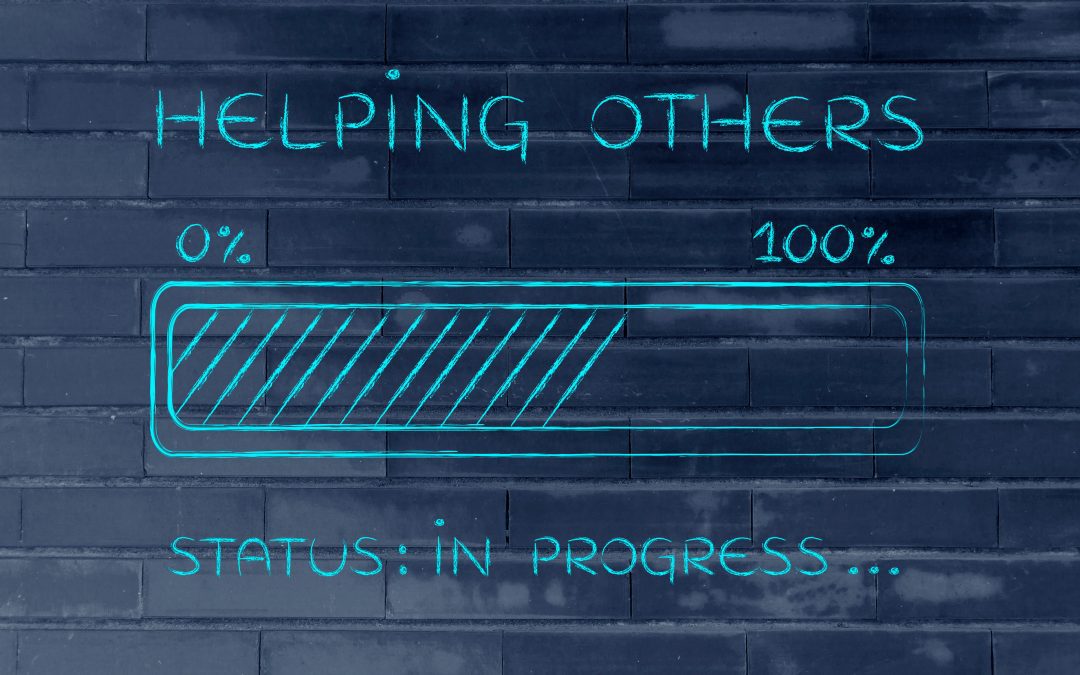It all started when we drove up to the speaker menu at a quick-service restaurant. “Can I take your order?” the attendant coldly barked. When my wife, on hearing the deep voice of the attendant, politely said, “Thank you, sir,” she got back a sharp, “It is ma’am.” She bristled with obvious disdain when we got our meal and asked for napkins (not included). When we requested catsup (not included), she darkly said, “This was supposed to be my day off, and I was ordered to come in for someone who didn’t show up.” We wished she had been the “missing in action” employee.
The next day I read an article that provided a list of 53 restaurant chains likely to close in the next year. I thought to myself: this restaurant needs to be among the ones going out of business. It was. Based on their frontline ambassador, they were earning the right to go bankrupt. And, it was completely avoidable.
We are living in a time of “all about me.” The preferred approach to influencing “my way” or “my view” is loud lectures instead of quiet conversations. Rowdy movements are chosen over genuine understanding. Even a health concern like a pandemic is transformed into a political outcry about freedom, even though we don’t allow driving while intoxicated, smoking in public places, or placing a child in a vehicle without a car seat.
Gun violence is up along with suicide. It is a context that requires a concerted leadership effort to refocus on the “served” instead of the “server.”
A friend’s son got in trouble for drinking as a minor. His son got an older friend to buy him a bottle of vodka, and before he could get out of the parking lot, he was arrested. The wise judge sentenced this first offender to eighty hours of community service at a soup kitchen serving homeless people. My friend says the punishment noticeably changed him. “I learned,” said the boy, “there are other important people out there besides me.” The rent for being a citizen is to help someone in need. It is also the price you pay for being in a frontline service role—helping someone in need. In the words of my friend Dr. Joseph Michelli, today, we need more “otherness.”
